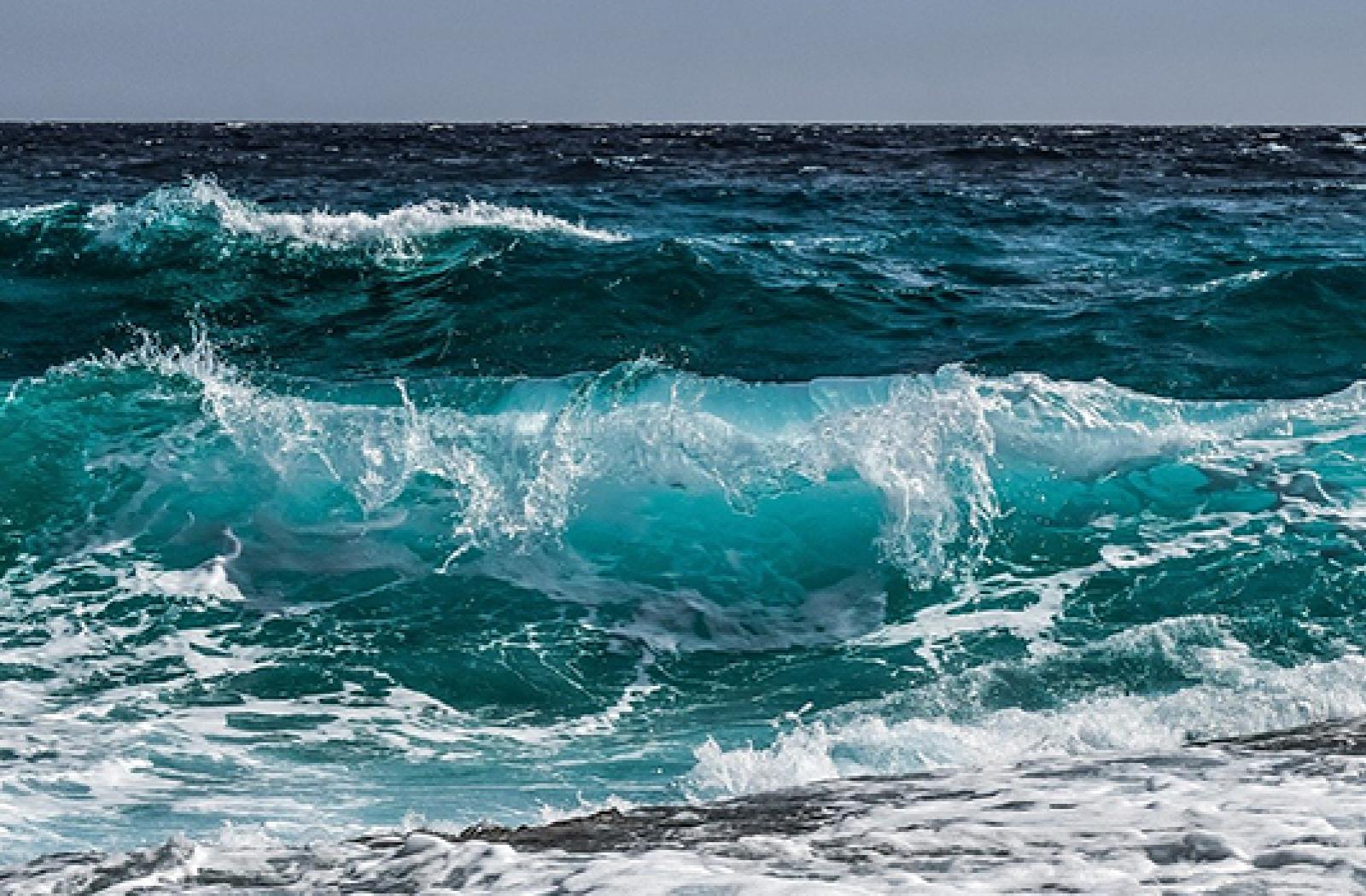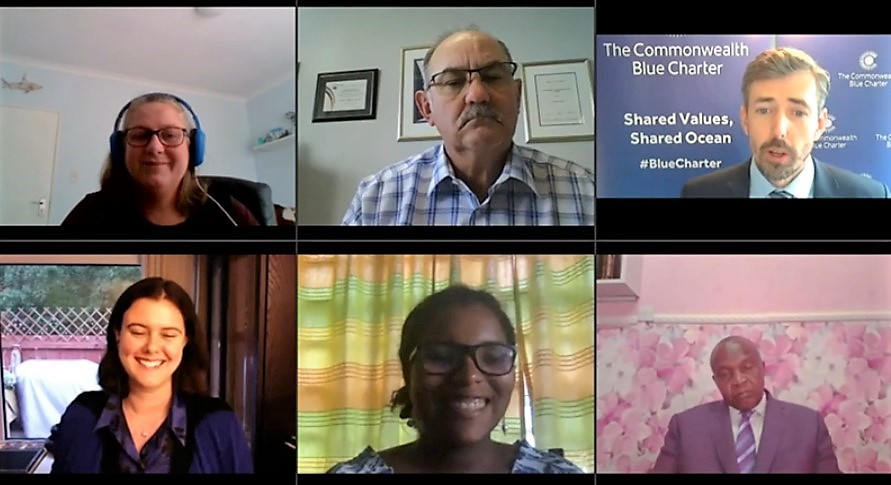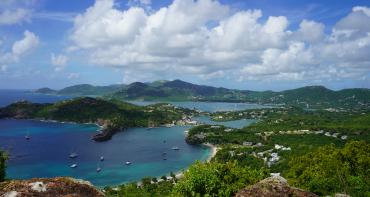Countrywide policies that cut across all sectors are critical for the success of ocean-based economies in the Commonwealth.

Countrywide policies that cut across all sectors are critical for the success of ocean-based economies in the Commonwealth.
A webinar by the Commonwealth Secretariat stressed the need for such “integrated policy frameworks”, which would help to harness wealth opportunities from the ocean in a sustainable way.
The benefits are significant – by 2030, the global ocean-based economy is expected to be worth an estimated US$3 trillion, providing 40 million jobs worldwide.
Countries with vast maritime areas – such as small island development states (or ‘big ocean’ states) stand to gain the most, with impacts on food security, jobs and even health.
Expert panellists shared experiences from Kenya, Seychelles and South Africa and explored the role of the Commonwealth Blue Charter in ‘blue growth’ – or expanding the blue economy. The Blue Charter is an agreement by 54 countries to work together to tackle ocean challenges.

Panellists during the sustainable blue economy webinar
Opening the event, Kenya’s Permanent Secretary for Fisheries, Aquaculture and the Blue Economy, Micheni Japhin Ntibafor, said: “A prerequisite for developing the blue economy is the establishment of a coherent and integrated blue economy policy framework.
“Sustainable blue economy requires bringing together various sub-sectors to work in an integrated way in order to achieve effectiveness and efficiency in delivery of service to the people, and the Commonwealth at large. We need to embrace science to inform policy-making processes.”
Senior Policy Officer at UK-based Seascape Consultants, Rachel Boschen-Rose, added: “The importance of having that overarching integrated policy framework is so that you can have those cross-sectoral discussions, and therefore be more able to balance needs and trade-offs, manage conflicts, as well as bring in less obvious aspects such as cultural heritage and traditional practices.”
Case studies
One of the key issues highlighted was enabling economic growth, while also protecting the environment and the well-being of communities.
The CEO of the Seychelles Climate Change Adaptation Trust (SeyCCAT), Angelique Pouponneau, explained how Seychelles has been able to use innovative financing to tackle multiple challenges as well as build its blue economy.
An innovative ‘debt-for-nature’ swap was brokered with Seychelles’ creditors, reducing the country’s external debt in exchange for investments in ocean conservation and climate change adaptation projects.
One of the conditions of the deal was the allocation of 30% of Seychelles ocean territory as Marine Protected Areas, in order to conserve ocean resources, replenish fish stocks and promote sustainable tourism. This milestone was reached in March 2020.
Ms Pouponneau said: “This debt-for-nature swap was a debt restructure where the Government of Seychelles was able to address three of its main challenges: high external debt, being vulnerable to the impacts of climate change, and finding a way to really harness this 1.35 million square kilometres of Exclusive Economic Zone for the blue economy.”
These innovative solutions were part of the country’s Blue Economy Strategic Framework and Roadmap, developed with support from the Commonwealth Secretariat.
In South Africa, the blue economy is also part of the national development plan. Dubbed ‘Operation Phakisa’, the blue growth strategy focuses on large investments in major sectors, such as energy, ports, tourism, aquaculture, transport and ocean governance, including tackling illegal fishing.
Bernadette Snow from the Nelson Mandela University pointed out that while Operation Phakisa’s target of creating 22,000 jobs was not reached due to the economic downturn (around 7,000 jobs were created in the various sectors over five years), there has been progress in aquaculture, governance and protection as well as skills development.
She said: “What it has provided is an opportunity and platform for conversation. It has created a lot of research opportunities and brought to the fore policy formulation.”
However, the fixation on economic gains at the cost of sustainability, and a top-down approach that could lead to growing inequality in communities, are ongoing challenges.
Action Group on Sustainable Blue Economy
Under the Commonwealth Blue Charter, 10 countries have so far joined the action group on sustainable blue economy, led by Kenya.
The aim is to develop a joint approach on the sustainable use of ocean resources for economic growth, better livelihoods and ocean health.
Head of Oceans and Natural Resources at the Commonwealth Secretariat, Nicholas Hardman-Mountford said: “We have one shared ocean and a Blue Charter of shared values… By cooperating on these shared challenges, we can achieve a sustainable future for our ocean and the communities that rely on these blue resources. That includes all of us.”
The webinar event was the fifth in an ongoing series that focuses on sharing experiences and finding scalable solutions for global ocean issues.



